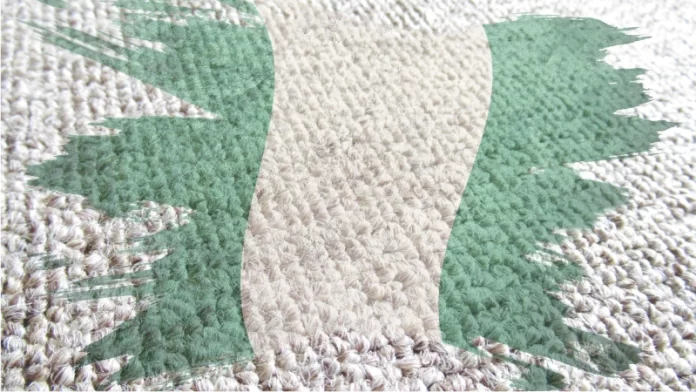In a bid to rejuvenate the ailing domestic textile industry, the Carpet Manufacturers Association of Nigeria has recently called upon the government to provide a special grant. The carpet industry, which has been a significant contributor to the Nigerian economy, is now on the brink of collapse, resulting in the loss of jobs and financial turmoil for thousands.
Association President Otuekong Udoh expressed the dire situation faced by the industry, noting that over 60,000 carpet industry workers have been left unemployed. Moreover, the ripple effect of the industry’s decline has impacted various allied companies, suppliers, distributors, and transporters, who have had to cut jobs and suffered substantial financial losses.
Regrettably, the situation has become so severe that more than 30 domestic carpet manufacturing companies have been forced to shut their doors, leaving only two such companies still in operation. Udoh underlined the profound impact this has had on the nation’s economy, calling attention to the urgent need for government intervention.
The decline of the carpet industry in Nigeria can be attributed to a myriad of challenges, including a lack of investment, inadequate infrastructure, and stiff competition from cheaper imported products. This has made it increasingly difficult for domestic manufacturers to remain competitive in the global marketplace.
To address these pressing issues and ensure the revival of the carpet industry, the Carpet Manufacturers Association of Nigeria is now advocating for a special grant from the government. Such a grant would provide a much-needed lifeline for the struggling industry, helping to safeguard the livelihoods of thousands and prevent further economic losses.
President Udoh explained that the grant would primarily be used to modernize existing manufacturing facilities, invest in state-of-the-art equipment, and train the workforce in advanced production techniques. This would not only improve the quality of Nigerian carpets but also enhance their competitiveness in the global market.
Moreover, the revitalization of the carpet industry would have a ripple effect across the entire supply chain. Suppliers of raw materials, transporters, and distributors who have faced significant setbacks in recent years would benefit from increased demand as the industry bounces back.
The decline of the Nigerian carpet industry is a significant concern, and its revival holds the potential to reinvigorate the nation’s economy. By providing the industry with the necessary support and grants, the government can help save thousands of jobs, boost economic growth, and create a thriving domestic carpet sector that competes on the global stage. The time for action is now, as the industry and its workers await the government’s response to their plea for a special grant to breathe life back into the fading carpet industry.




